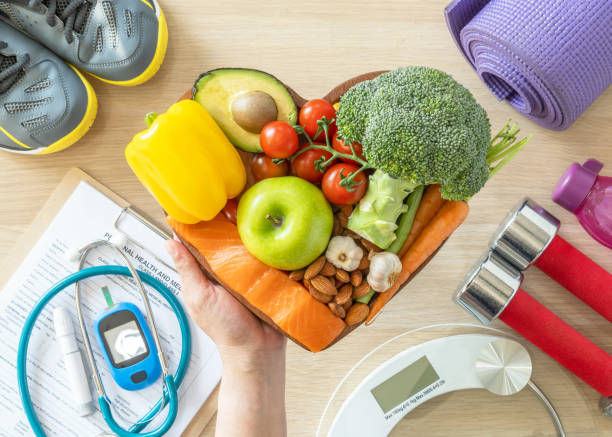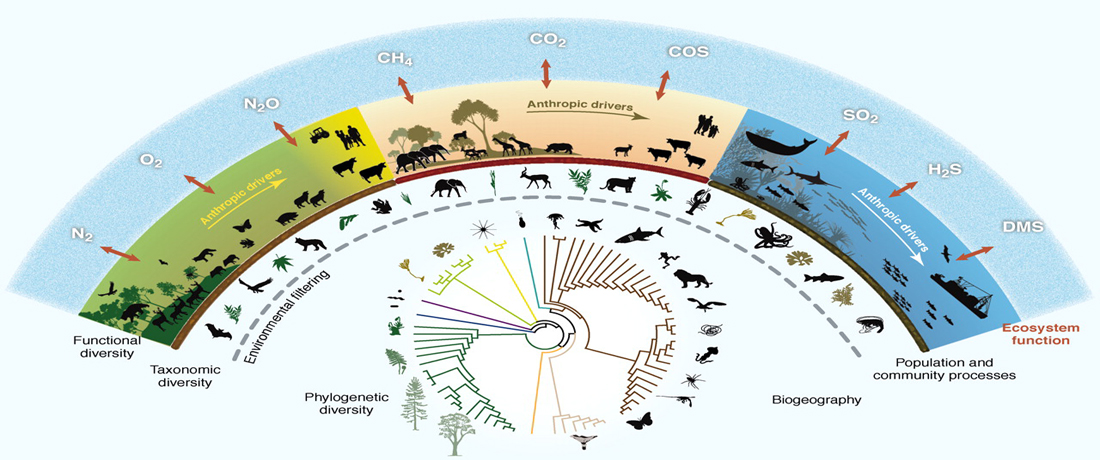The Growing Concern of Ultraprocessed Foods
Ultraprocessed foods, a category encompassing items like packaged snacks, soda, hot dogs, chicken nuggets, and ice cream, have been under increasing scrutiny. These foods often contain numerous synthetic additives, including preservatives, emulsifiers, and artificial dyes, which are absent from minimally processed, whole foods. New research published in The Lancet Regional Health – Europe has shed light on the potential health risks associated with consuming these foods.
The study, which analyzed the dietary habits and health outcomes of over 300,000 individuals from eight European countries over an average of 10.9 years, found a concerning link between ultraprocessed food consumption and the development of type 2 diabetes. Specifically, the researchers discovered that for every 10% increase in the proportion of an individual's diet made up of ultraprocessed foods, there was a corresponding 17% increase in the risk of developing type 2 diabetes.
The Observational Nature of the Study
It's important to note that this study is observational. While it establishes a significant association between the consumption of ultraprocessed foods and an elevated risk of diabetes, it does not definitively prove causation. Dr. Nerys Astbury, an associate professor of diet and obesity at the University of Oxford, emphasized this point, noting that while the findings contribute to a growing body of evidence linking ultraprocessed foods to adverse health outcomes, causality cannot be confirmed.
Why Ultraprocessed Foods Raise Concerns
Understanding why ultraprocessed foods may increase the risk of type 2 diabetes involves examining their composition and the way they interact with our bodies. According to Dr. Samuel Dicken, the lead author of the study and a clinical scientist at University College London, ultraprocessed foods are typically high in calories relative to their weight. This characteristic can lead individuals to consume more calories before feeling full, which in turn can contribute to weight gain and increased body fat—key risk factors for type 2 diabetes.
Dr. Dicken also highlighted that increased waist-to-height ratio, indicative of higher belly fat, explained nearly half of the association between ultraprocessed food consumption and diabetes risk. This finding suggests that the caloric density and potential for overconsumption associated with ultraprocessed foods play a significant role in their impact on diabetes risk.
Ethical and Practical Considerations
While the health implications of ultraprocessed foods are concerning, it's also essential to consider practical and ethical dimensions. Sarah Gallo, senior vice president of product policy at the Consumer Brands Association, cautioned against demonizing shelf-ready foods. She argued that such an approach could inadvertently limit access to nutritious foods, exacerbate food waste, and deepen health disparities.
Dr. Hilda Mulrooney, a reader in nutrition and health at London Metropolitan University, added that not all food processing is inherently negative. Processing can enhance food safety and extend shelf life, reducing the risk of foodborne illnesses. The key issue is the degree of processing—foods that have undergone extensive processing and bear little resemblance to their original ingredients are of particular concern.
Making Healthier Choices
Given the potential risks associated with ultraprocessed foods, what steps can individuals take to mitigate these risks? Dr. Dicken recommends simple dietary swaps, such as replacing sugary drinks with water and choosing fruit or unsalted trail mix instead of chips. These changes can reduce the intake of ultraprocessed foods and promote a healthier diet.
Dr. Mulrooney suggests examining food labels to assess the degree of processing. Foods with long ingredient lists and numerous additives are likely to be ultraprocessed. Keeping a food diary for a few days can help individuals identify how much of their diet consists of ultraprocessed foods and make informed decisions about dietary changes.
Beyond Diet: A Holistic Approach to Diabetes Prevention
While diet is a critical factor in diabetes risk, it is not the only one. Dr. Mulrooney emphasizes the importance of a holistic approach to health that includes regular physical activity, sufficient sleep, proper hydration, and avoiding smoking and excessive alcohol consumption. These lifestyle factors, combined with a balanced diet, can significantly reduce the risk of developing type 2 diabetes.
Towards a Healthier Diet
The recent study on ultraprocessed foods and diabetes risk underscores the importance of dietary choices in maintaining long-term health. While ultraprocessed foods are convenient and often tasty, their potential health risks cannot be ignored. By making mindful choices about what we eat and understanding the implications of those choices, we can take proactive steps towards reducing our risk of type 2 diabetes and improving overall well-being.
As research continues to evolve, it is clear that a diet rich in whole, minimally processed foods, combined with a healthy lifestyle, offers the best path to preventing chronic diseases like diabetes. By staying informed and making conscious decisions, we can all contribute to a healthier future.







